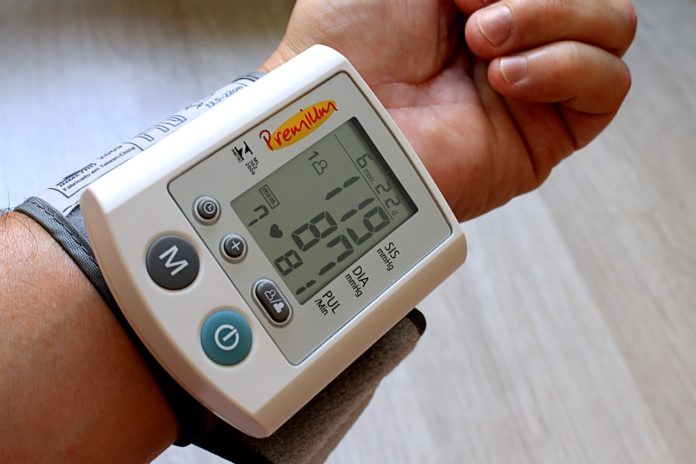Calcium-channel blockers, a type of blood pressure lowering medication may be linked with an increased risk of diverticulosis
Common blood pressure medicines such as calcium channel blockers may be linked to an intestinal condition called diverticulosis.
Diverticulosis is a condition where small bulges or pouches appear in the lining of the intestine. It affects most commonly the elderly and as many as 65 percent of people over 85 years of age may be affected. Diverticulosis can in some cases lead to a medical emergency if the pouches become infected or burst.
Researchers investigated the effectiveness and side effects of three common blood pressure medications: ACE-inhibitors, beta-blockers and calcium channel blockers.
High blood pressure affects one in ten adults across the globe, and increases the risk of heart attack and stroke. The most common treatments for high blood pressure are lifestyle changes
High blood pressure affects one in ten adults across the globe and increases the risk of heart attack and stroke. The most common treatments for high blood pressure are lifestyle changes and medications.
The research team investigated versions of genes that mimic the effects of these drugs, allowing them to study the drugs’ effectiveness and their potential side effects.
The researchers, first identified the proteins targeted by the drugs which help lower blood pressure. Next, they analysed genetic data from around 750,000 people and identified the so-called genetic variants that code for these proteins.
The team then studied whether these gene variants – which cause increased production of these proteins – were linked to an increased or decreased risk of other diseases.
As expected, these so-called genetic variants (which coded for proteins involved in lowering blood pressure) were linked to lower heart disease and stroke risk.
However, after assessing the risk of around 900 different diseases – using data from the UK Biobank study – the team found that the versions of genes related to the effects of a particular type of calcium channel blockers – the non-dihydropyridine class, were linked to an increased risk of a bowel condition called diverticulosis.
The team compared their findings with further genetic data, and supported the potential link with an increased risk of the bowel condition.
Researchers suggest the effects of calcium channel blockers on the function of intestine muscles, which perform contractions to transport food through the gut, as a probable mechanism.
Dr Dipender Gill, co-lead author of the research from Imperial’s School of Public Health said, “These findings should not change clinical practice, but instead should act as a catalyst for further research.”
Findings of the study were published in the journal Circulation.


